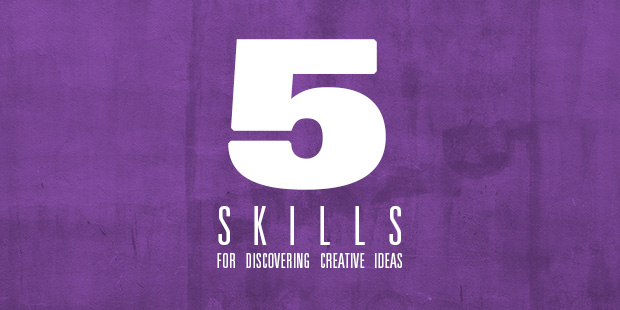
5 Skills for Discovering Creative Ideas
Consider the talents of the following two groups who were asked these three questions:
- How many of you are good singers?
- How many of you are good dancers?
- How many of you are good artists?
About 2 percent of the first group responded positively to each of these three questions. That’s a typical response of most leadership teams.
But it’s possible to find a second group in almost any community who would give nearly 100 percent positive responses. Surprised?
Ask any group of first graders these three questions, and the children will respond with an enthusiastic “Yes!” to each one.
All children are creative – they’re born that way!
What happened to the creative gene that was so alive in our childhoods?
It would seem that as we leave childhood, we stop believing in the power of dreams. We stop taking risks and pursuing ideas.
It’s time to recover the creativity of a child – but in an adult way.
Vijay Govindarajan and Jatin Desai, writing for HBR.org, suggest five power skills to help you rediscover creativity:
- Develop Creative Discontent. The best intrapreneurs are never satisfied with the status quo; they ask big questions and challenge themselves and others to find big ideas.
- Use Convergence Thinking. Convergence is not simply about combining ideas and technology; it is a primary leadership competency that allows organizations to design the right future.
- Find Pivots. Change creates opportunities for innovation, and if the amount of change is disproportionate in size, there is opportunity for movement in a completely new direction — a pivot.
- Overturn Orthodoxies. Challenging orthodoxies can provide clarity on existing paradigms worth changing to improve your business model, products, services, processes, customer experience, or brand.
- Think Frugally. The primary driver of frugal thinking is scarcity of time and resources. Frugal thinking forces individuals to be highly creative just to accomplish routine jobs.
Teach these five power skills to the leaders and top talent in your organization. They can help keep your innovation pipeline full. By practicing these skills, your team will improve critical and creative thinking skills, leading to many game‐changing opportunities for your organization.

Tags: Creative Thinking, Creativity, Innovation












